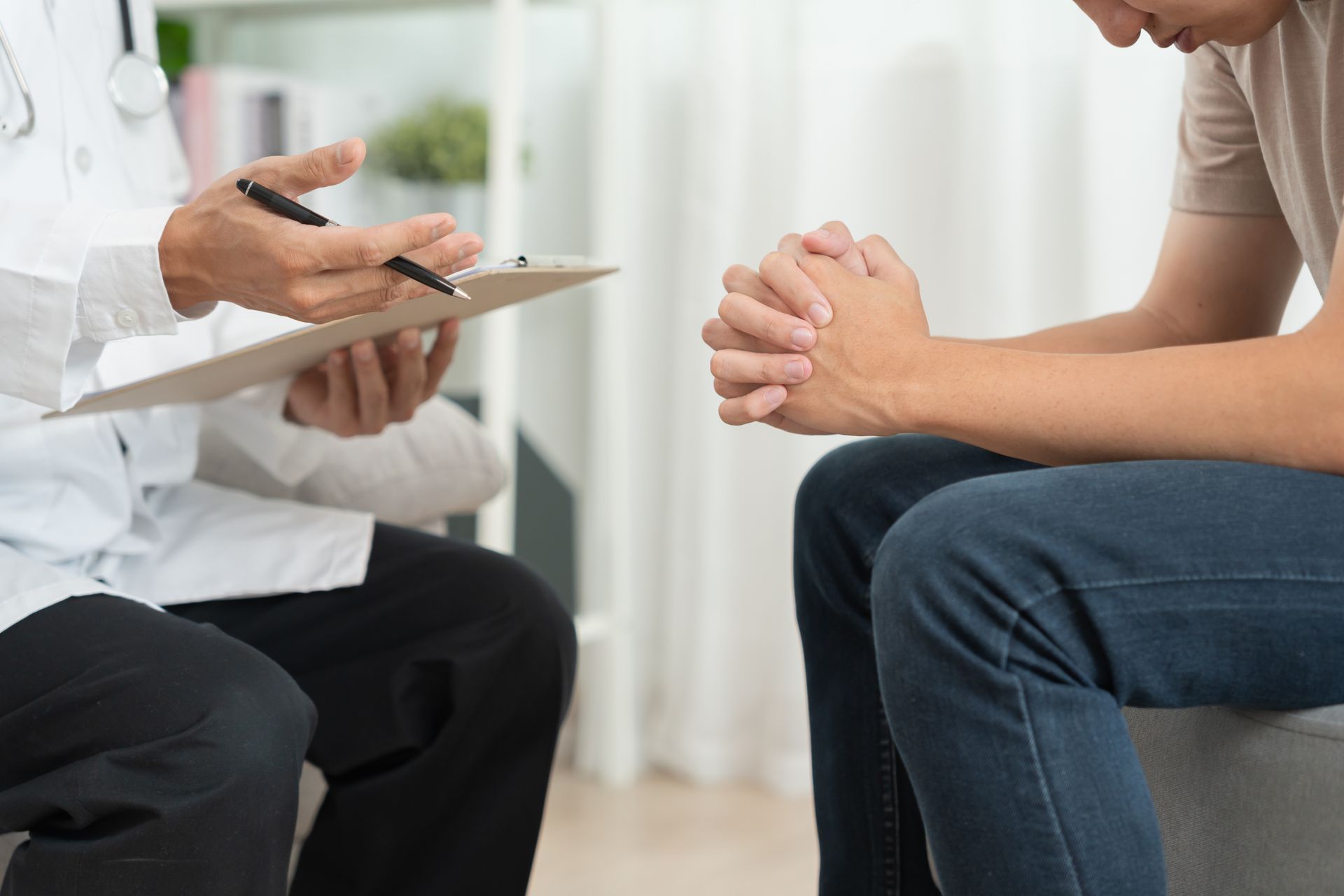Discover the Importance of Mental Health Awareness Month

It is officially May. The weather is sunnier and summer is approaching. Though May is a pleasant month because of the expectations it brings, there is a friendly reminder that May has an important significance. For many Americans and people across the world, May is an essential part of their lives.
Mental Health Awareness Month was founded by the Mental Health America group and is observed in the month of May. It was designed to increase awareness about mental illness, educate the public about research and treatments, decrease the stigma associated with mental disease, and celebrate recovery from mental illness.
There is a stigma that surrounds mental health. For this reason, many individuals suffer in silence and do not seek help. Mental health awareness is an important program aimed at increasing public knowledge of mental health issues and increasing access to care for those who require it.
Mental Health Awareness Month helps people understand how mental illness affects their lives, informs them about available resources, and promotes methods to advocate, whether or not they directly suffer from a mental health condition.
- Who Benefits from Mental Health Awareness Month
- What You Can Do to Support Mental Health Awareness Month
- Many People are Impacted By This
- More People Seek Treatment
- The Stigma of Seeking Help is Removed
- The Spread of Awareness Information Can Save Lives
Final Thoughts
Let’s Begin!
Who Benefits from Mental Health Awareness Month
People across the world benefit from mental health awareness month. Everyone can benefit from Mental Health Awareness month including people who don’t suffer from an illness. Our mental health status changes consistently. It may not be a problem today, but it can be in the future.
Look all around you. The people closest to you may be suffering and don’t know where to get help from.
It's critical for caregivers, friends, and loved ones to understand how mental illness affects daily life. While living with a mental health illness might make life more challenging, it does not have to prevent someone from living a happy and fulfilled life. People who are more educated about these disorders are better able to support and assist someone who is coping with a mental health problem.
Fundraising, outreach, and awareness activities are all possible during Mental Health Awareness Month. As a result, more money will be available to support research, finance treatment alternatives, and connect advocates, all of which will contribute to a better, more promising future for mental health care.
What You Can Do to Support Mental Health Month
You can start by improving your knowledge of the subject. If you have questions, research them and study why people may suffer from certain mental illnesses. The best thing you can do if you know someone who is dealing with their mental health is to reach out and start a dialogue with them. Face any feelings of stigma or criticism you may have by learning about the reality of living with mental health challenges. Simply supporting those in your life can help to spread the message of acceptance and awareness.
Think before you criticize it. You never know when it might affect you too. With that being said, here are the four reasons why Mental Health Awareness Month matters.
Many People are Impacted By This
Mental illness affects everyone in some manner, whether they are personally affected or know someone who is. According to a 2015 survey by the National Institute of Mental Health, roughly one in every five Americans – 43.8 million – suffers from a mental disease at any one time. Mental illness has an impact on adolescents aged 13 to 18, with 21.4 percent of them experiencing a serious mental disorder at some time in their lives.
According to other research, these figures might be considerably higher, but they can't be adequately documented since individuals are afraid to speak out about their problems.
More People Seek Treatment
I remember when I suffered from anxiety. I had no one to turn to because no one around me suffered from it. You’d be surprised how a little information can go a long way. What helped me get better was talking about it to friends and family. After they understood what I was going through, they were able to guide me through the hardships of anxiety.
Unfortunately, not everyone has the same support system.
Talking about mental illness can assist individuals who are suffering understand that they are not alone in their journey to recovery and that they are not the only ones who feel this way. For individuals who have not been personally touched by mental illness, having a talk about it can help them learn about risk factors, symptoms, treatment, and preventative techniques, allowing them to help others around them. This might lead to a better knowledgeable and accepting society when it comes to mental disease.
The Stigma of Seeking Help is Removed
One of the biggest reasons people don’t seek help is because they are embarrassed. For one reason or another, there is shame behind mental health problems.
The stigma toward mental illness often causes people to feel isolated, stereotyped, shameful, or discriminated against, all of which can stop them from seeking help. By talking openly and showing there is more to someone than their mental illness, people can see that no one has to be defined by that alone.
The Spread of Awareness Information Can Save Lives
Despite advances in modern technology and accommodations, suicide has increased dramatically.
Suicide rates rose by 30% between 2000 and 2018, then fell in 2019 and 2020. Suicide will be the biggest cause of mortality in the United States in 2020, with 45,979 deaths. This equates to approximately one fatality every 11 minutes. 3 The number of persons who contemplate suicide or try it is considerably larger. In 2020, 12.2 million American individuals were reported to have seriously considered suicide, 3.2 million had planned a suicide attempt, and 1.2 million had tried suicide.
Though not all mental health issues may lead to suicide, it can destroy someone’s life it is not handled with care and professionalism. These issues can spiral out of control if ignored.
The combination of the following factors may assist someone in realizing that, while their problem is serious, help is accessible. This is critical because persons who suffer from mental illness are more likely to acquire other chronic medical diseases and die younger than the general population, frequently as a consequence of preventable causes. Seeking out treatment can be the first step in improving the rest of life.
Final Thoughts
Mental health, whether you know it or not, plays a significant part in your entire well-being. You can appreciate your life and the people in it when you're mentally healthy.
You can feel good about yourself, maintain strong relationships, and manage stress when you're mentally healthy. It's natural for your mental health to fluctuate over time — we all confront challenges in our lives.
Mental health is as important as physical health. Mental health is concerned with our emotional and social well-being, and it has an influence on how we think, feel, and act. It aids with social interaction, decision-making, stress management, and many other facets of daily living. Everyone's mental health is important, and it deserves just as much attention as their physical health.
The more people discuss mental health the easier it will be for others to do it too. It starts with opening the door and allowing people to not be judged. This is how we can make changes for the better.











